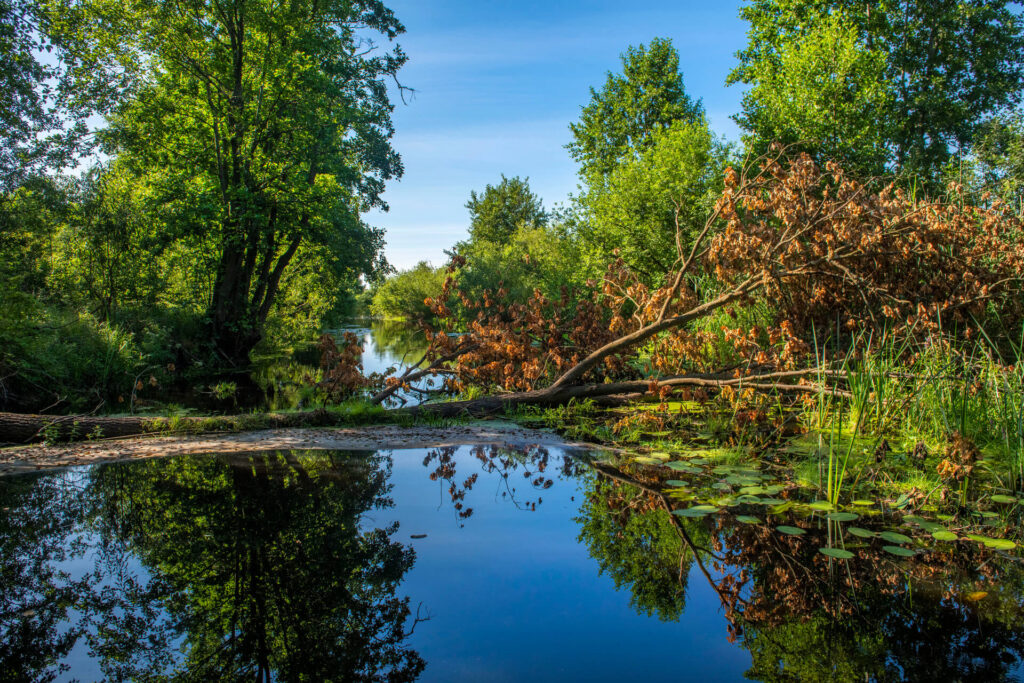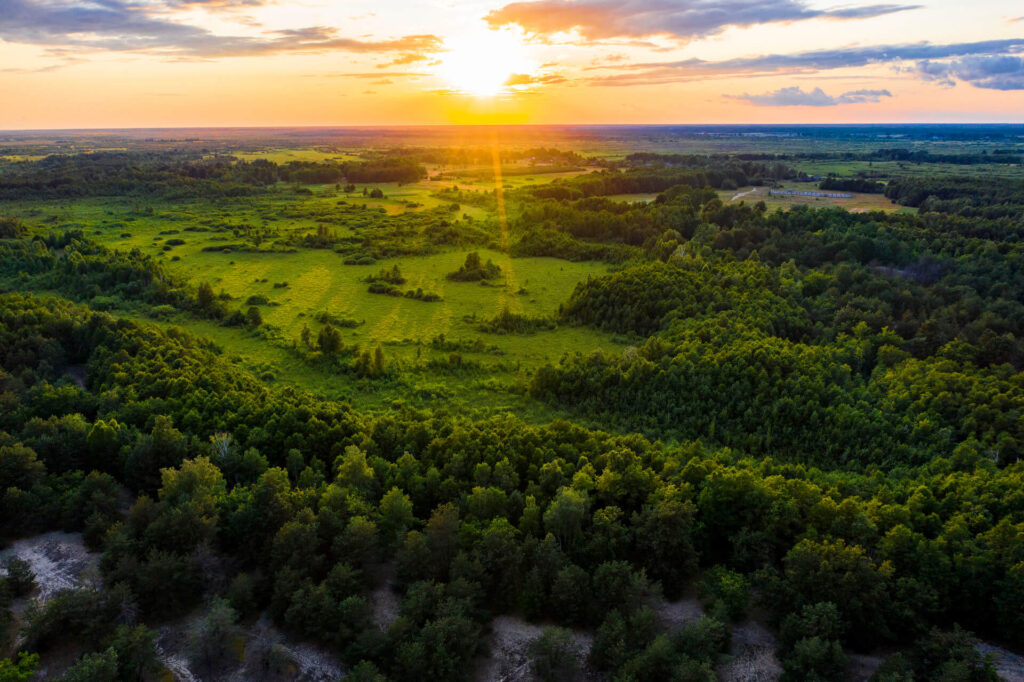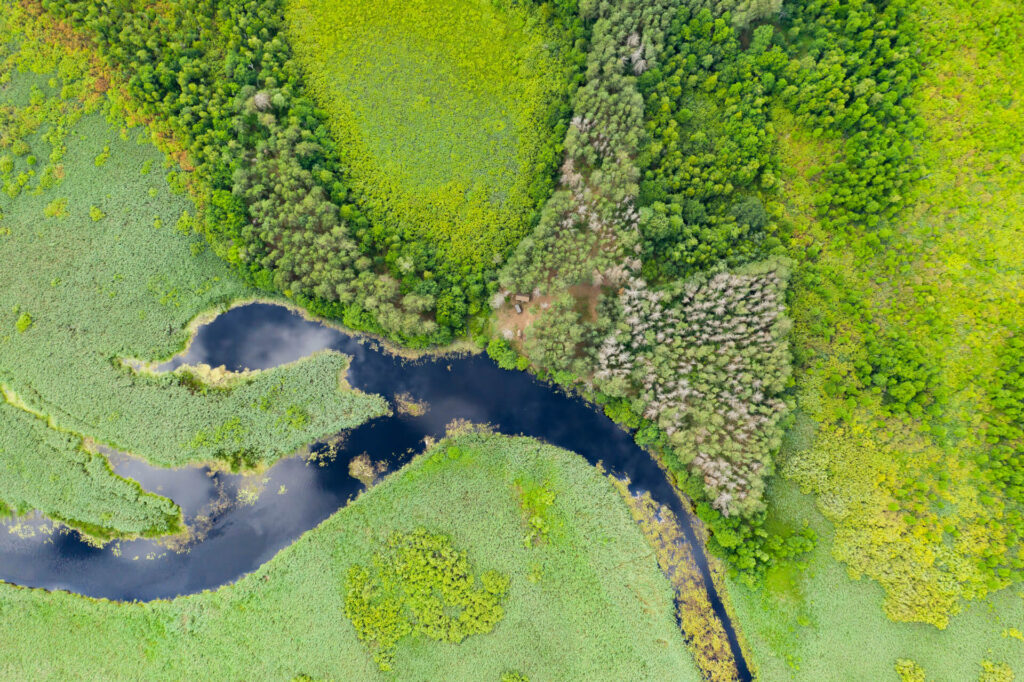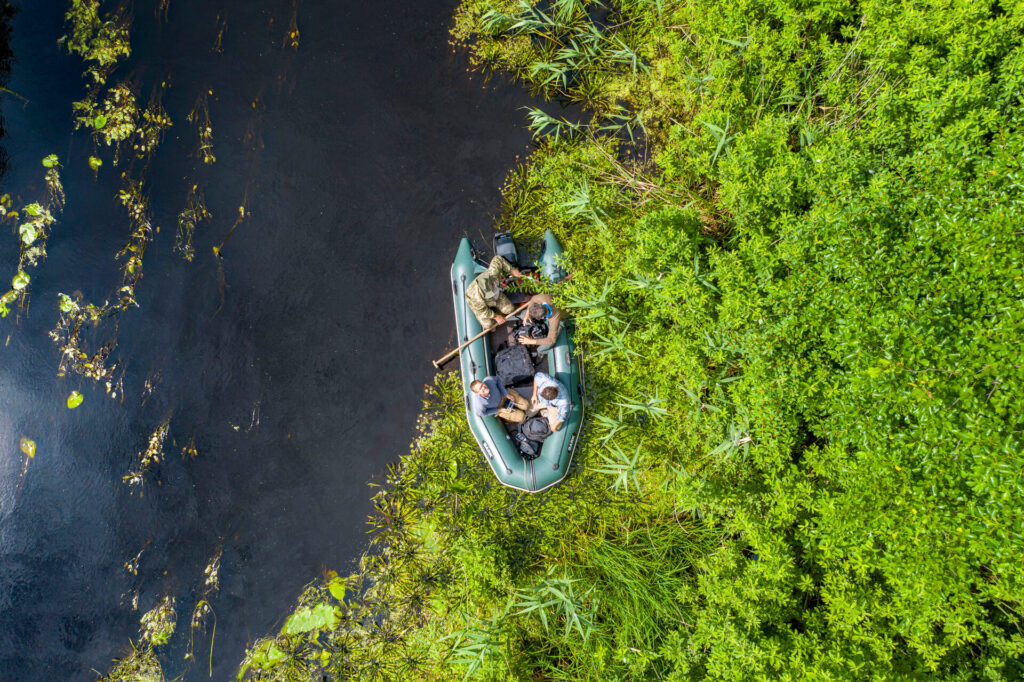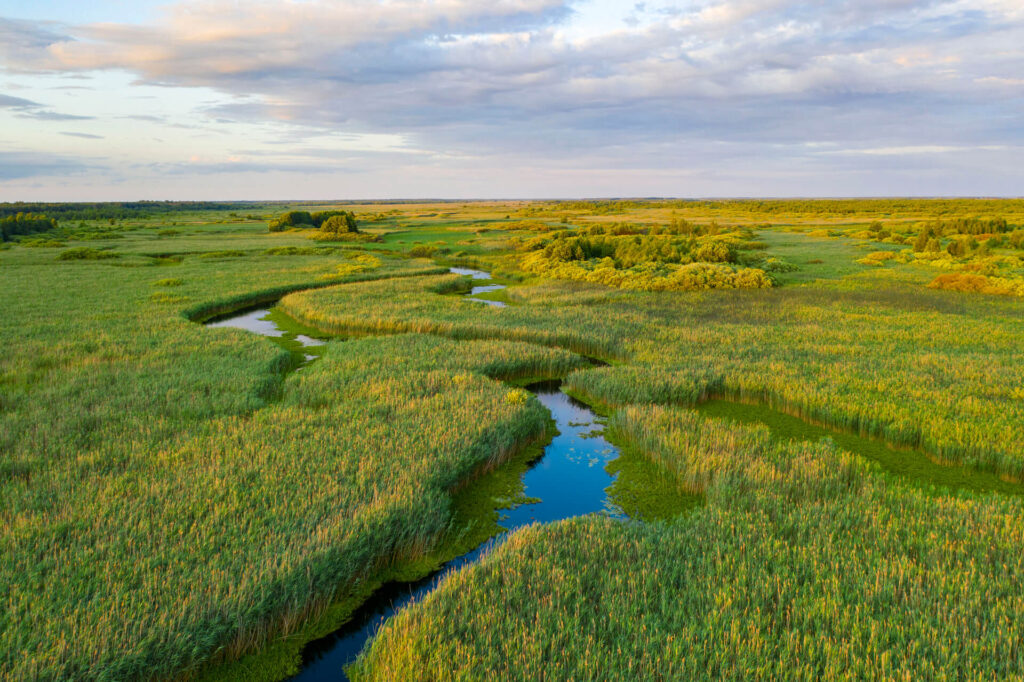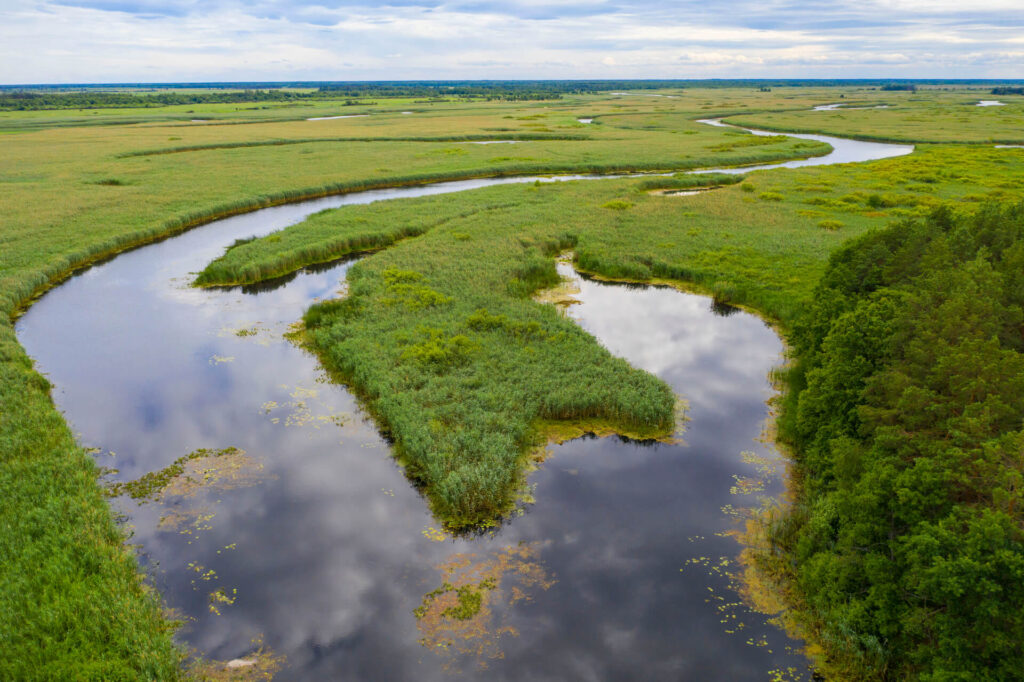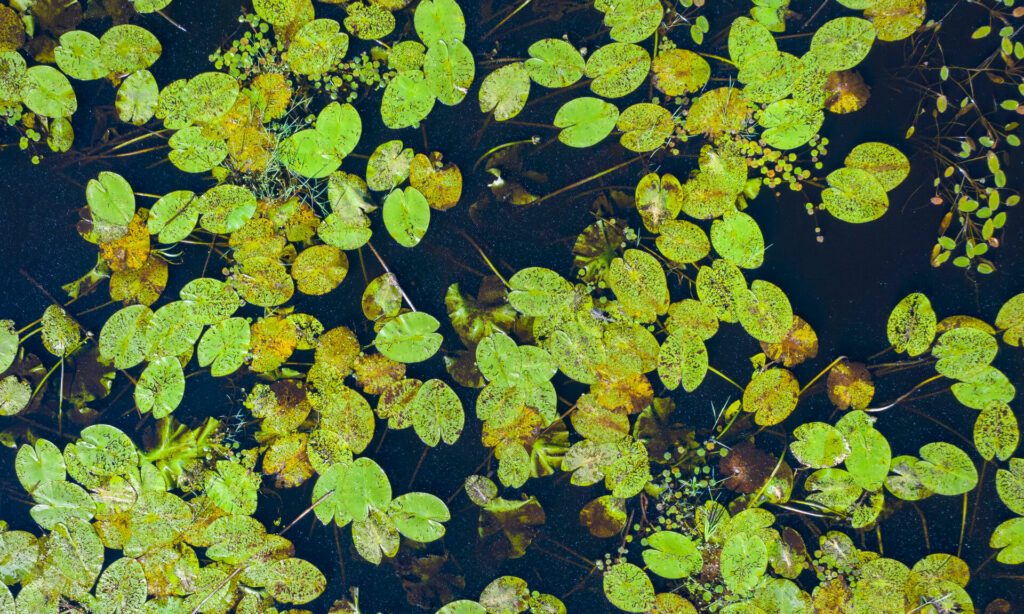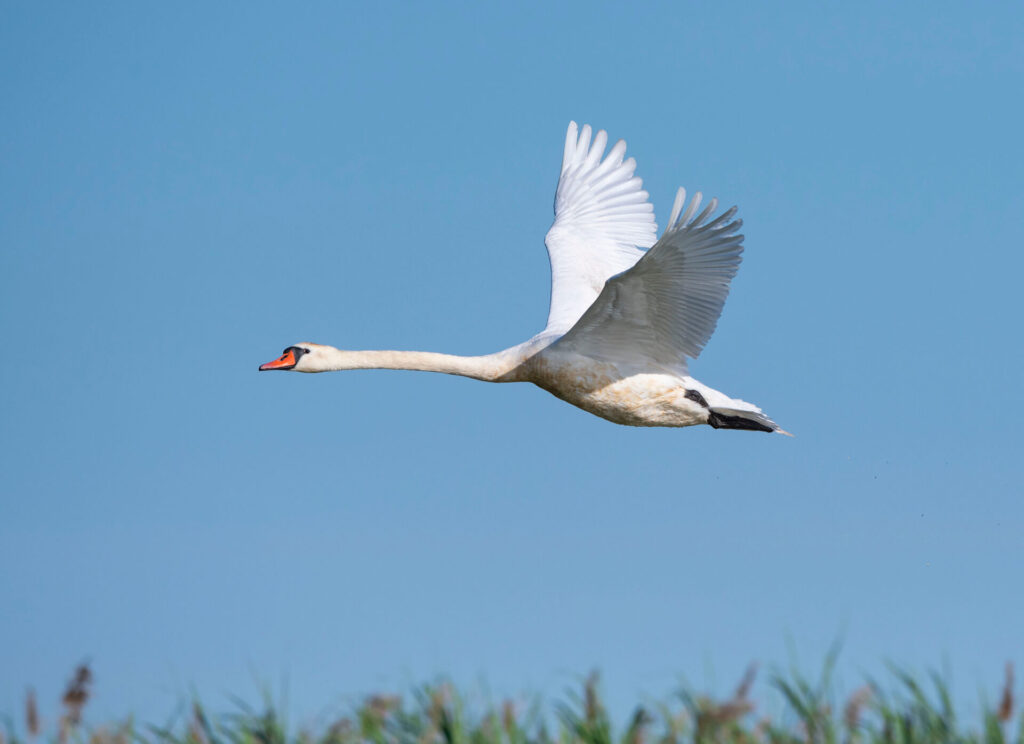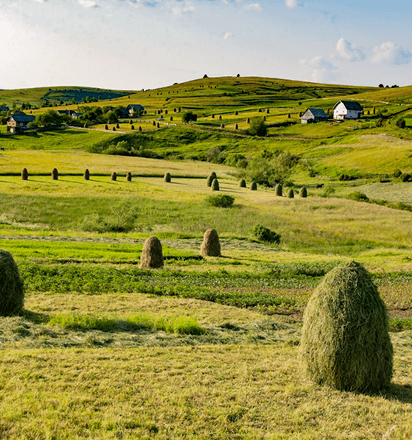Wetlands restoration
Polissia is the largest inland wetland system in Europe. Its vast alluvial forests, rivers and marshes are home to hundreds of bird species, and its waters feed some of Ukraine’s greatest rivers, including the Dnipro.
In the mid-twentieth century, intensive drainage dramatically altered the wetlands of Polissia. This led to a decline in biodiversity, increasing temperatures and greenhouse gas emissions, soil degradation, more frequent droughts and forest fires, and a deterioration in drinking water quality.
The Frankfurt Zoological Society’s work in Polissia focuses on the restoration of wetlands damaged by human activities such as drainage and amber mining. Together with the Michael Succow Foundation, we conducted a feasibility study to explore the restoration ofhydrological regimes in a number of key areas in the region. This resulted in the selection of three priority sites, where we aim to restore natural water flows, the climate and resistance.
The three selected sites are located in the Syra Pohonia and Somyne tracts of the Rivne Nature Reserve, and in the Chornobyl Radiation and Ecological Biosphere Reserve.
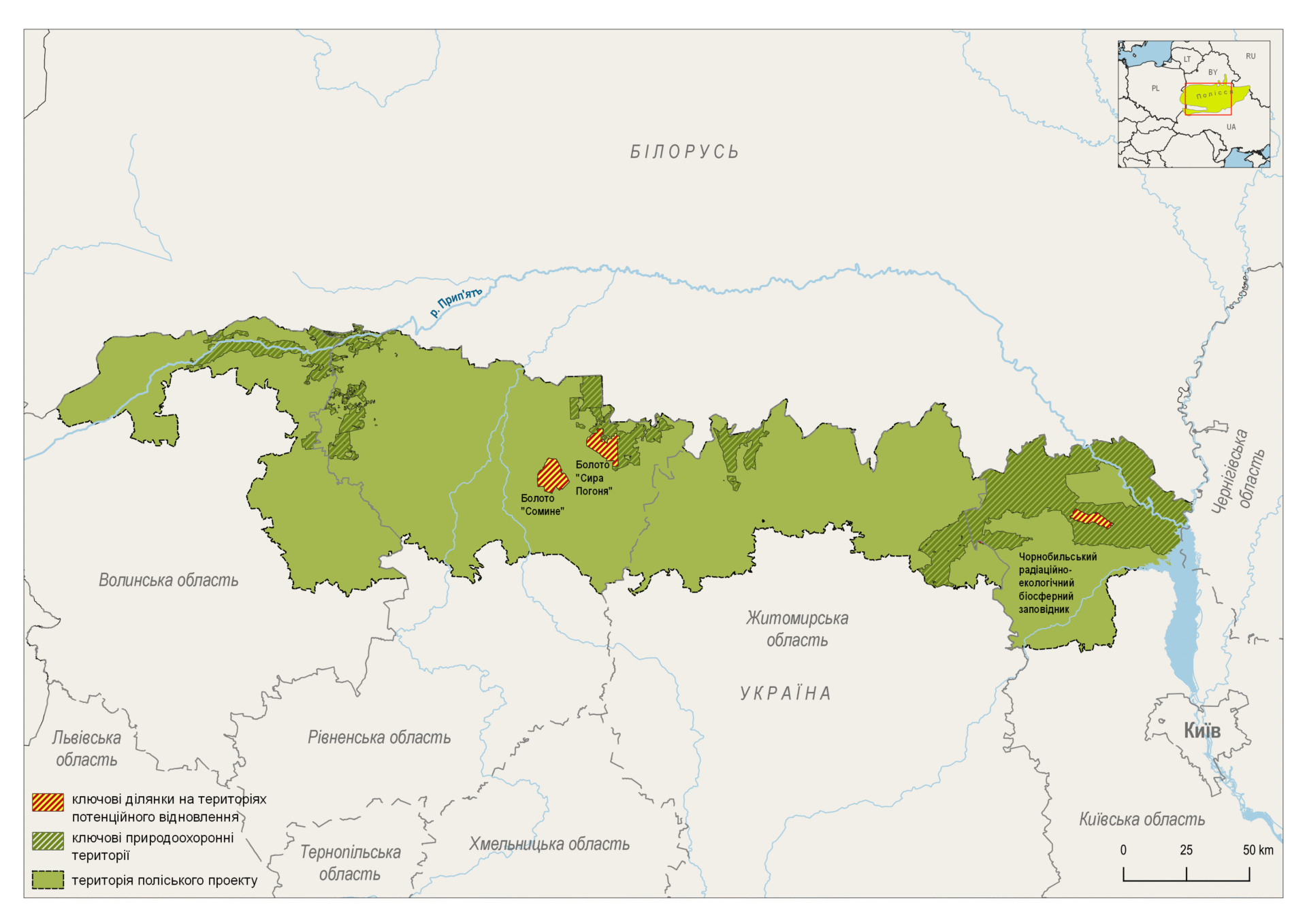
The scientific justification for restoring these areas has been approved, engineering surveys are now underway. In collaboration with protected areas, state water authorities, and Ukrainian and international universities, we have developed a system of monitoring, training and capacity building for the restoration of Polissia’s wetlands.
Once we have successfully restored 20,000 hectares of wetlands, we will share recommendations for replicating our approach at other disturbed sites.
What do we do
By combining international experience with local knowledge and expertise, we support the preservation of the large areas of pristine and near-pristine nature in Ukraine. We mainly do this by supporting projects in major protected areas such as national parks, biosphere reserves, and large nature reserves.
